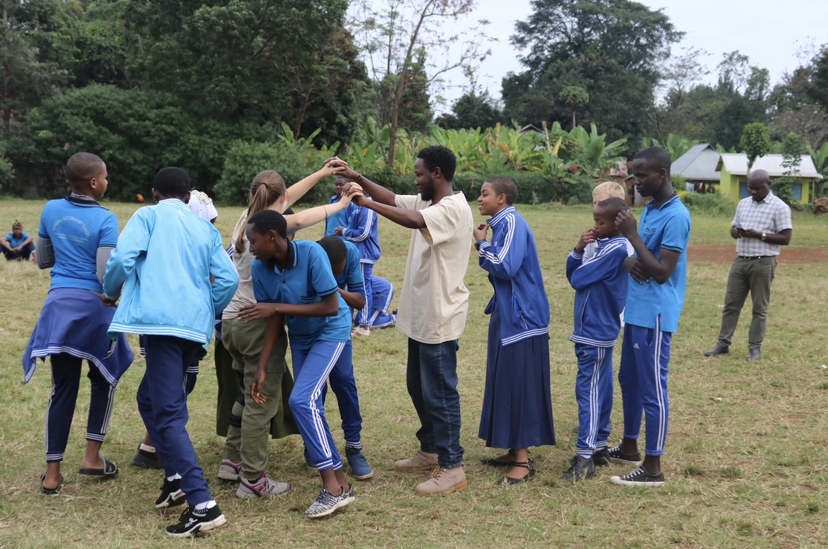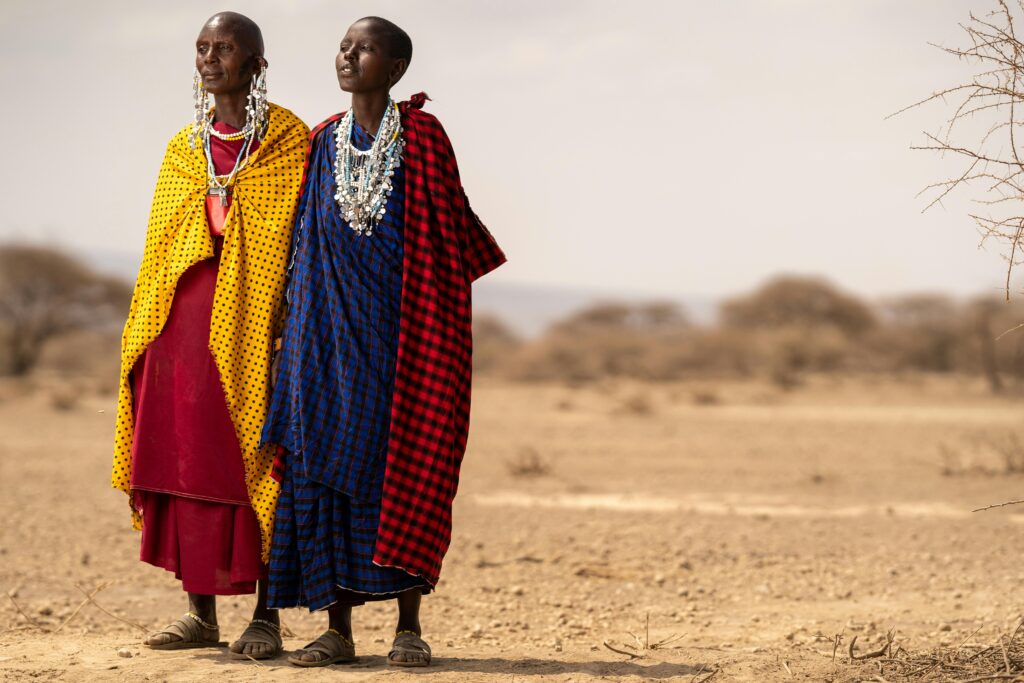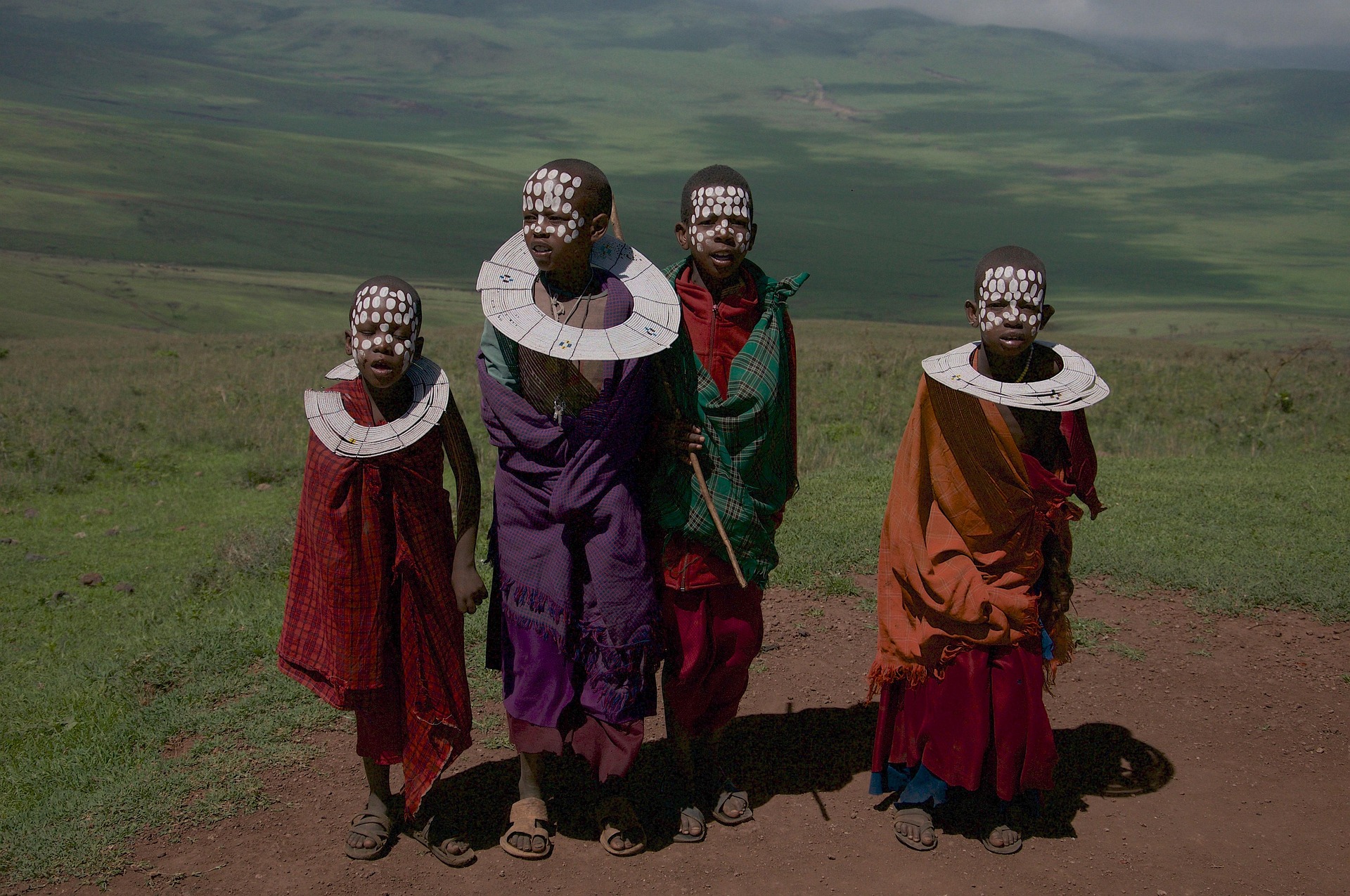
In many Tanzanian communities, women are the keepers of tradition, language, and daily life. They raise families, manage households, and pass down cultural knowledge but for too long, their voices have remained underrepresented in the tourism sector. At Swahili Cultural Trails, we believe in changing that. By integrating women into the core of our cultural experiences, we’re not only showcasing authenticity we’re empowering those who make it possible.
Cultural tourism, when done right, can be a powerful vehicle for economic independence, personal growth, and community transformation. For us, women empowerment through tourism in Tanzania isn’t just a mission it’s a daily practice.
Women in Tanzania have traditionally played key roles behind the scenes crafting, cooking, farming, storytelling but they’ve often lacked access to formal employment or decision-making opportunities in tourism. Language barriers, limited education, and societal expectations have been major obstacles.
Yet, these same women hold the wisdom, warmth, and cultural depth that travelers seek. Their involvement in tourism doesn’t just benefit them personally it enhances the quality and authenticity of every traveler’s experience.
At Swahili Cultural Trails, we actively recruit, train, and mentor women from local communities to become guides, educators, and cultural leaders. We provide safe, inclusive environments for women to share their knowledge whether through cooking classes, farm tours, or Swahili language lessons.
This inclusive model allows women to earn a stable income, gain confidence, and serve as role models for younger generations. More importantly, it ensures that cultural exchange is not filtered through a single lens it reflects the diversity and strength of the entire community.
Empowerment isn’t just about income. It’s about voice, identity, and respect. Women who lead tours are trained in public speaking, storytelling, and hospitality. They learn how to guide respectfully while representing their heritage with pride.
Through these roles, women share their personal stories from food traditions to marriage customs, farming practices to community rituals. Travelers walk away not only educated, but deeply connected. These women become ambassadors not just for tourism but for culture, sustainability, and gender equity.
Take Asha, a former farmhand from Mto wa Mbu. With training from Swahili Cultural Trails, she became a lead guide for spice tours. Today, she earns three times her previous income, supports her daughter’s education, and runs a weekend sewing group for local women.
Then there’s Mariam, who began as a volunteer translator. Now she leads group workshops on Swahili cooking and has co-authored a local recipe booklet sold to tourists. She says the biggest reward is watching visitors “taste our history and carry it home.”
These are not isolated cases they are examples of what’s possible when women are given the space and support to lead.
Empowering women through tourism in Tanzania isn’t just a slogan it’s a necessity for true community development. When women rise, families flourish, and traditions endure. Cultural tourism, when rooted in respect and equity, becomes a bridge not only between travelers and locals but between what is and what could be.
At Swahili Cultural Trails, every journey includes these stories. When you book a tour, attend a workshop, or visit a village, you’re not just exploring you’re investing in a more inclusive, empowered future.
And that’s a journey worth taking.


Join our growing community of culture lovers and ethical travelers. Get updates, discounts, and more.
Swahili Cultural Trails
Copyright © 2025. All rights reserved